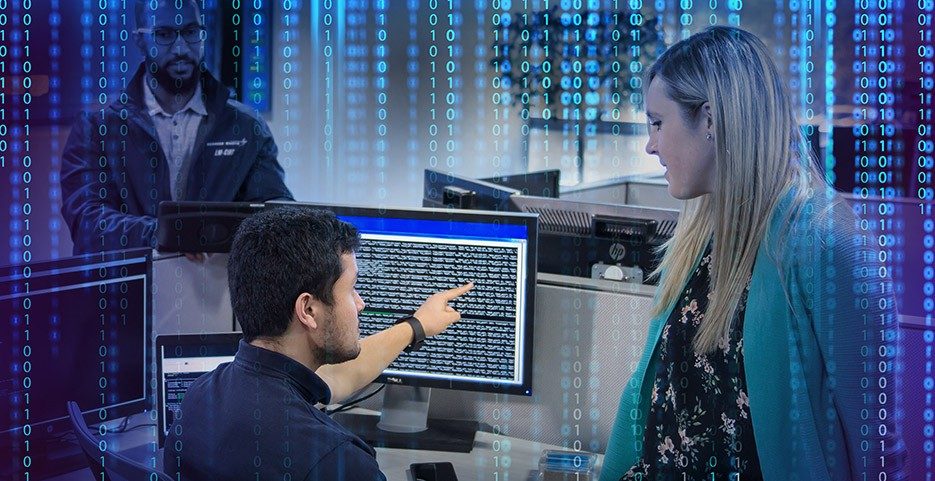Every two years, the winter and summer Olympics capture the world’s attention as thousands of top athletes compete for medals, glory and national pride. But as these mega events become further digitized, event organizers and sport officials are ever more concerned about cyber threats looming over the games. Consider the numbers:
- This year in Pyeongchang, South Korea a cyberattack caused website, telecast and internet disruptions during the opening ceremony.
- At the Rio Olympic Games, hackers stole medical records of athletes from the World Anti-Doping Agency.
- Six major security incidents were flagged to event leadership during the 2012 Summer Olympics in London.
- Security officials at the 2008 Beijing Olympics caught approximately 11 million threats daily.
Here are three ways public event organizers can prevent cyberattacks such as these:






Machine learning techniques and advanced data analytics can help collect, collate, sift, analyze and share vast amounts of information being collected by various sensors. The ability to quickly analyze, adapt, and respond to threats at tactical speeds can mean the difference between success and failure.
LM Wisdom is an automated tool that provides intelligence analysts with the ability to rapidly ingest data from many disparate, open data sources such as social media and dark web sites, and then quickly filter, correlate, and analyze that data to look for patterns or other indicators of anomalous activity. This offers analysts and security officials the ability to detect and act early—increasing the likelihood catastrophic chaos will be prevented.
For future public events including the Tokyo 2020 Olympics, technology, sports and public safety will continue to intersect. While it’s easy to be mesmerized by the performances of Usain Bolt or the U.S. Hockey team, host committees should embrace the importance of cybersecurity planning in order to ensure the integrity of the games and the safety of all athletes and attendees involved.




